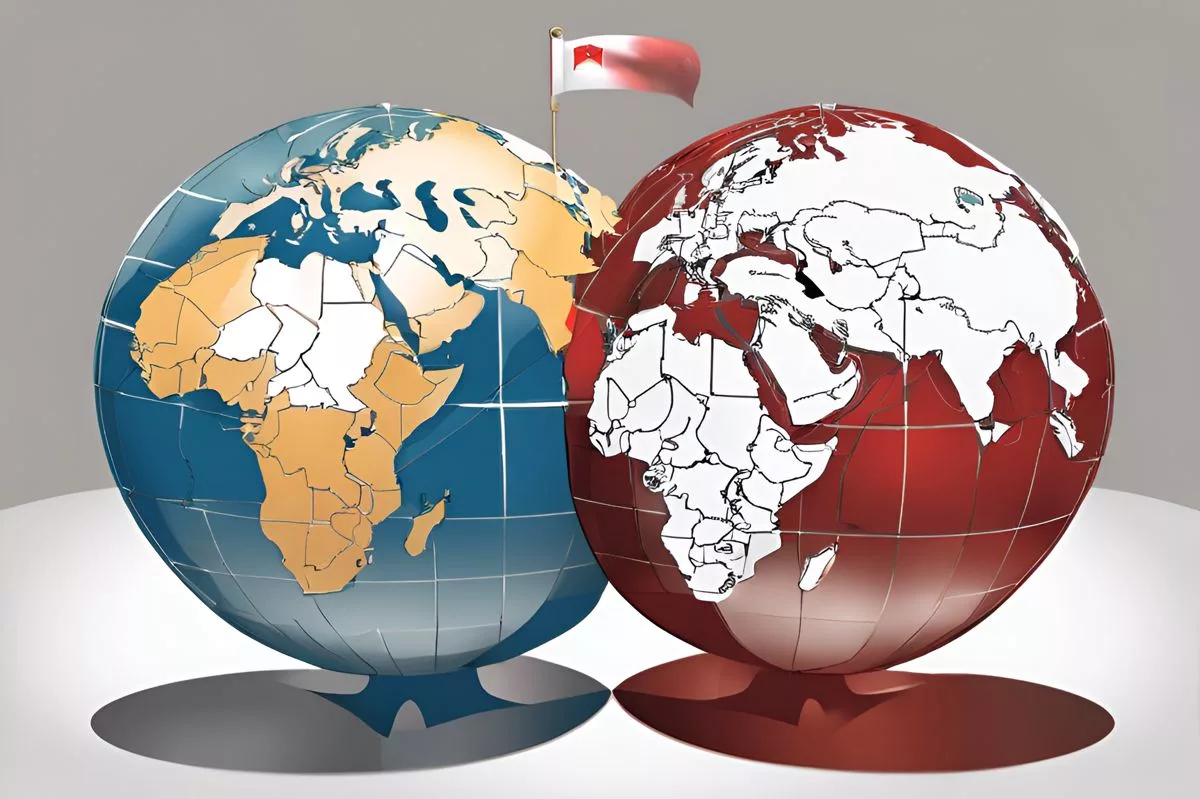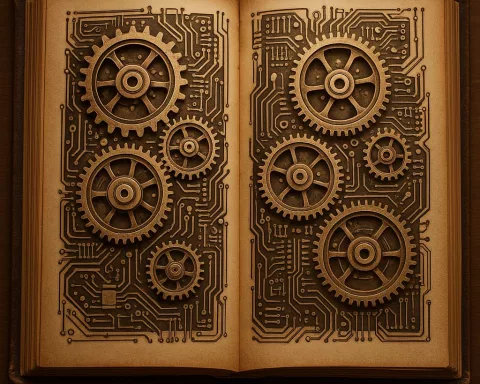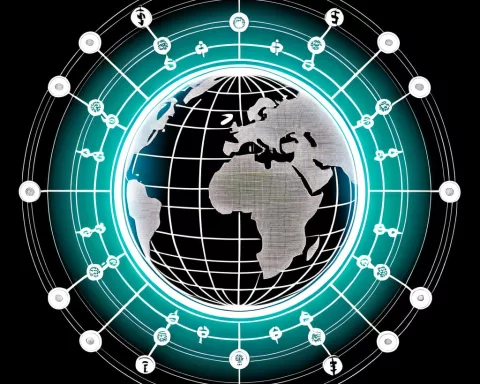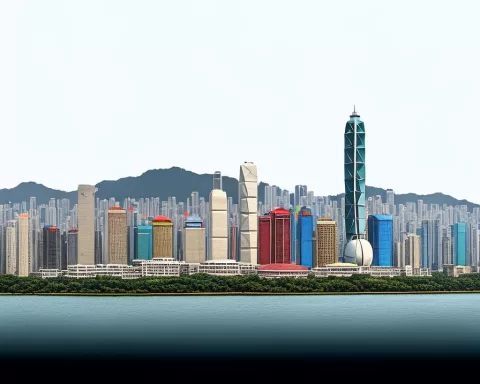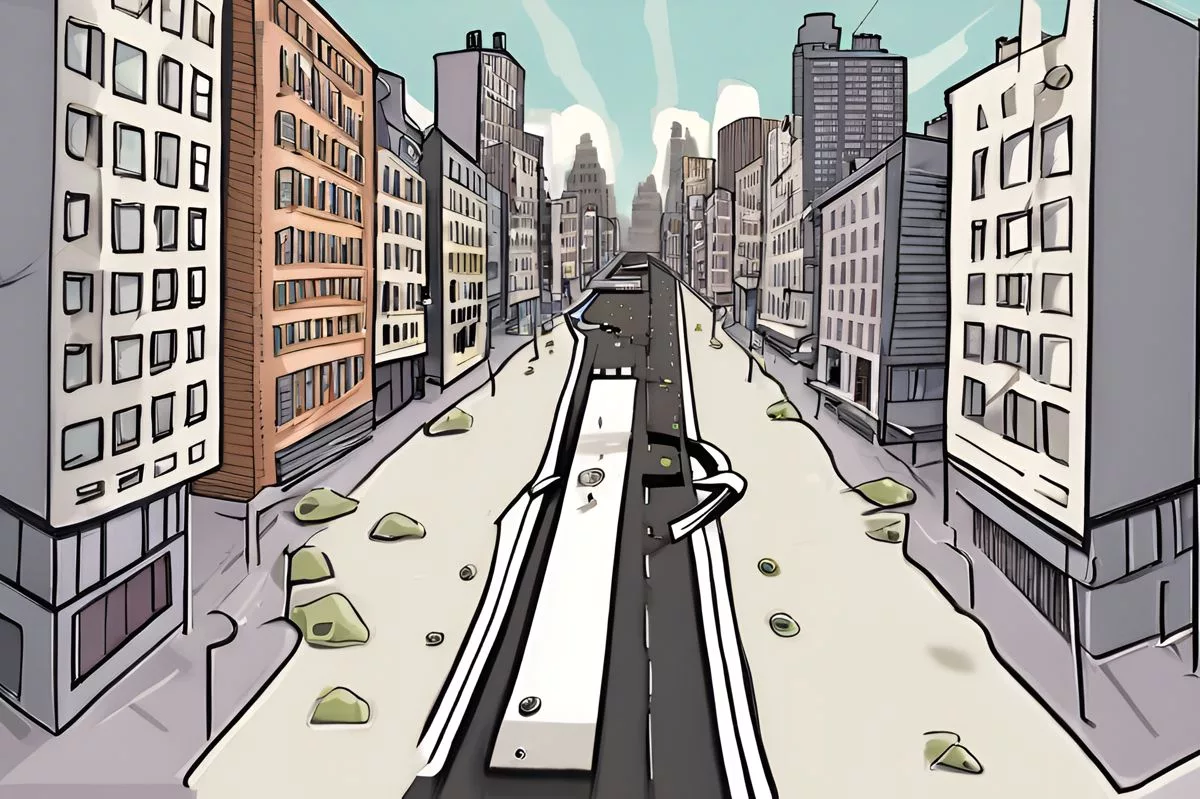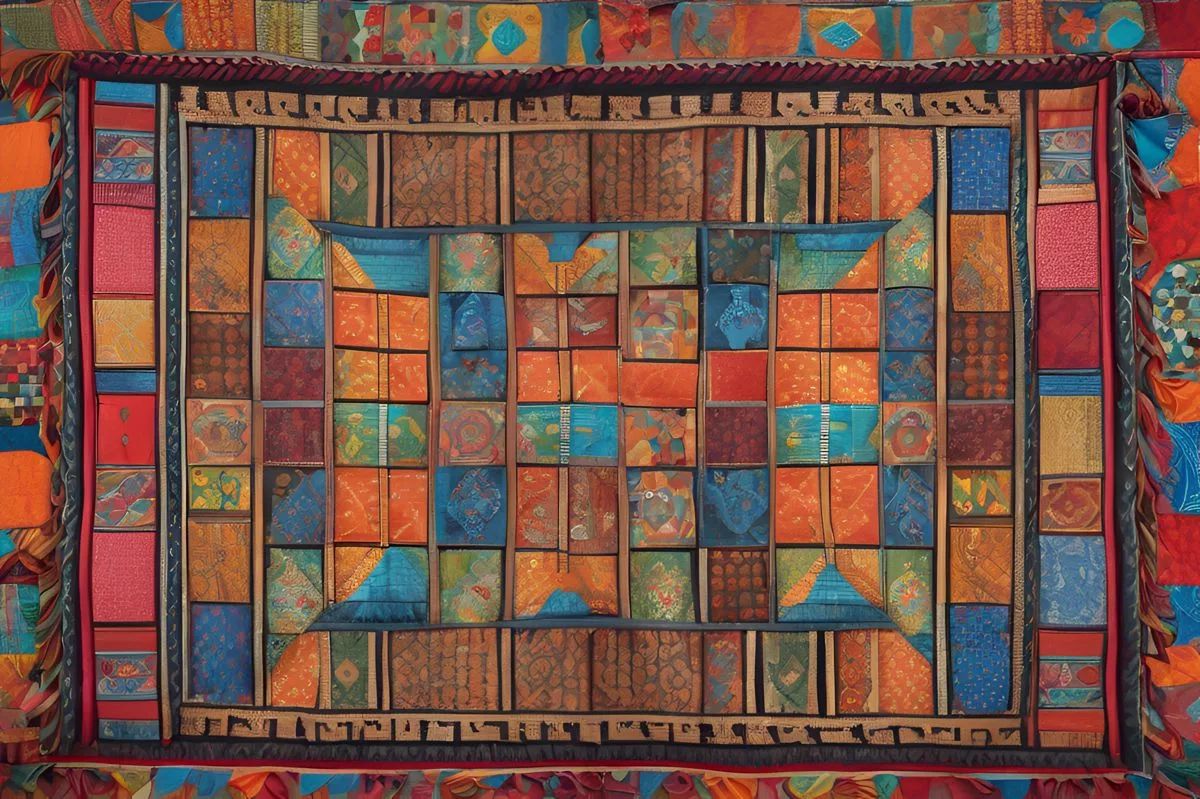The recent FOCAC summit highlighted the power of unity and collaboration in global discourse. South African President Cyril Ramaphosa emphasized the need for mutual aid and cooperation in addressing global challenges, highlighting the strength of shared humanity. FOCAC played a significant role in nurturing and enhancing relationships between China and Africa, promoting development and inclusivity. The future of a modern, developed, and progressive Africa can only be realized through cooperation and collaboration.
The Power of Unity and Collaboration at FOCAC Summit
The recent Forum on China-Africa Cooperation (FOCAC) summit showcased the importance of unity and collaboration in global discourse. South African President Cyril Ramaphosa emphasized the need for mutual aid and cooperation in addressing global challenges, highlighting the strength of shared humanity. FOCAC played a significant role in nurturing and enhancing relationships between China and Africa, promoting development and inclusivity. The future of a modern, developed, and progressive Africa can only be realized through cooperation and collaboration.
Amid a world stage that often seems overshadowed by a narrative of conflict and discord, the beacon of unity and collaboration shines brightly. This was vividly displayed at the recent Forum on China-Africa Cooperation (FOCAC) summit, a convergence of representatives from Africa and China. Among the esteemed attendees were the African Union Chairperson, United Nations Secretary-General, Presidents Bassirou Diomaye Faye and Xi Jinping, emphasizing the significance of this gathering.
A Spirit of Cooperation and Solidarity
South African President Cyril Ramaphosa stood out at this summit as a key speaker, exemplifying a spirit of cooperation and unity during his opening speech. He conveyed the warm wishes of the South African government and its people to the hosts in China. The South African leader expressed gratitude to President Xi Jinping for the warm reception extended to the participants and admired the organization of the summit amidst a range of global challenges.
President Ramaphosa’s discourse was especially impactful as he touched upon the myriad of global challenges that the world faces – from persistent wars and conflicts causing extreme human suffering to the widespread impacts of climate change and the escalating global competition over crucial minerals. His recognition of these challenges’ tangible effects in Africa accentuated the continent’s susceptibility, but also highlighted its tenacity.
Shining a Beacon of Hope
In the wake of these adversities, President Ramaphosa brought to light a beacon of hope – a citation from Nelson Mandela’s lecture at Peking University twenty-five years prior, emphasizing the strength of shared humanity. In President Ramaphosa’s view, this spirit of mutual aid in times of need and opportunity forms the foundation of the Africa-China relationship, as exemplified by FOCAC.
FOCAC, a forum established in 2000, has played a significant role in nurturing and enhancing relationships between China and Africa. President Xi Jinping’s proposal to promote China’s bilateral relations with African nations to strategic levels was welcomed by President Ramaphosa, reflecting the cooperative, comprehensive, and purposeful nature of their collaboration.
The South African leader underscored the need for a future that prioritizes people, promotes development, and fosters inclusivity, arguing that this vision can only be realized through cooperation and collaboration. In essence, the interconnectedness among our global community of nations must be acknowledged and championed.
A Vision of Modern, Developed, and Progressive Africa
President Ramaphosa’s reference to the African Continental Free Trade Area was of particular significance. This initiative is amalgamating the economies of Africa, fostering projects that extend beyond national frontiers, and facilitating a comprehensive network of connections. In President Ramaphosa’s vision, FOCAC can play a pivotal role in aiding the execution of the African Union’s Agenda 2063, thereby actualizing the dream of a modern, developed, and progressive Africa.
In his closing remarks, President Ramaphosa’s call to action was unequivocal: under the banner of our shared humanity, Africa and China must join forces to build the Africa and the world we envisage. It served as a reminder of the power of unity and collaboration and a testament to the positive potential of international cooperation. His speech was more than just an opening statement for a conference; it was a call to embrace our shared humanity and collaborate towards a prosperous and sustainable future.
What is FOCAC?
FOCAC stands for Forum on China-Africa Cooperation. It is a forum established in 2000 that has played a significant role in nurturing and enhancing relationships between China and Africa, promoting development and inclusivity.
Who attended the FOCAC summit?
The FOCAC summit was attended by representatives from Africa and China, including the African Union Chairperson, United Nations Secretary-General, Presidents Bassirou Diomaye Faye and Xi Jinping.
What was the significance of President Ramaphosa’s speech?
President Ramaphosa’s speech emphasized the need for mutual aid and cooperation in addressing global challenges, highlighting the strength of shared humanity. He underscored the need for a future that prioritizes people, promotes development, and fosters inclusivity, arguing that this vision can only be realized through cooperation and collaboration.
What is the African Continental Free Trade Area?
The African Continental Free Trade Area (AfCFTA) is an initiative that is amalgamating the economies of Africa, fostering projects that extend beyond national frontiers, and facilitating a comprehensive network of connections. In President Ramaphosa’s vision, FOCAC can play a pivotal role in aiding the execution of the African Union’s Agenda 2063, thereby actualizing the dream of a modern, developed, and progressive Africa.
What is the future of a modern, developed, and progressive Africa?
The future of a modern, developed, and progressive Africa can only be realized through cooperation and collaboration. President Ramaphosa emphasized the need for mutual aid and cooperation in addressing global challenges, highlighting the strength of shared humanity.
What was President Ramaphosa’s call to action at the FOCAC summit?
In his closing remarks, President Ramaphosa’s call to action was unequivocal: under the banner of our shared humanity, Africa and China must join forces to build the Africa and the world we envisage. It served as a reminder of the power of unity and collaboration and a testament to the positive potential of international cooperation. His speech was more than just an opening statement for a conference; it was a call to embrace our shared humanity and collaborate towards a prosperous and sustainable future.

